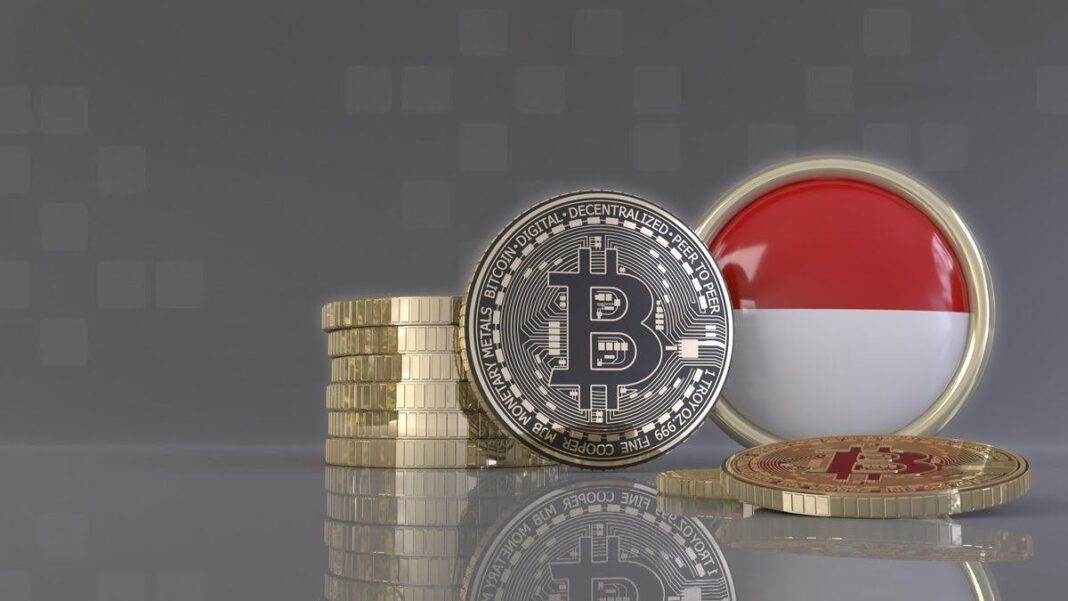- Indonesia will raise taxes on crypto sellers and miners starting August 2025, while removing VAT for buyers.
- The new rules aim to boost tax revenue, encourage the use of domestic exchanges, and improve oversight.
- Buyers may benefit from lower costs, but sellers and miners will face higher tax obligations.
The Indonesian government has announced a significant change in its tax policy for cryptocurrency transactions and mining. Starting August 1, 2025, both sellers on crypto exchanges and miners will face higher tax rates, while buyers will see some relief with the removal of value-added tax (VAT). This decision comes as the country’s crypto market continues to grow rapidly, attracting millions of new users and billions of dollars in trading volume.
Why Indonesia Is Raising Crypto Taxes
In recent years, Indonesia has witnessed explosive growth in the cryptocurrency sector. More than 20 million Indonesians are now registered on local exchanges, a figure that has already surpassed the number of stock market participants. Trading volumes in 2024 reached over 650 trillion rupiah, roughly 39.7 billion US dollars. With such strong momentum, the government sees an opportunity to increase tax revenues while also strengthening oversight of this fast-moving industry.
Officials argue that these changes will create a fairer tax system, treating digital assets more like traditional financial instruments. By raising rates for both domestic and foreign sellers, the government also aims to discourage tax avoidance through offshore platforms.
New Tax Rates for Crypto Sellers
Under the new regulations, individuals and companies selling cryptocurrency on domestic exchanges will now pay a 0.21% income tax, more than double the previous 0.1% rate. The change is even more dramatic for sellers using foreign exchanges, whose tax rate will rise from 0.2% to 1%.
This move is expected to encourage traders to use locally regulated platforms rather than overseas exchanges. It also signals the government’s intention to bring more transparency and accountability to the crypto ecosystem within Indonesia.
The Impact on Crypto Miners
The changes will also affect crypto mining, a sector that has been gaining traction in Indonesia thanks to relatively low electricity costs in certain regions. Starting in August, the VAT on crypto mining will increase from 1.1% to 2.2%.
Additionally, the special 0.1% income tax on mining income will be eliminated. Beginning in 2026, mining income will instead be taxed under the regular personal or corporate income tax regime. This shift reflects the government’s strategy to treat mining not as a niche activity but as a mainstream business subject to standard tax obligations.
Relief for Buyers
While sellers and miners face higher costs, buyers will benefit from an important change. Previously, crypto buyers had to pay VAT ranging from 0.11% to 0.22% on every transaction. That requirement will now be removed entirely.
For everyday investors, this means purchasing digital assets will become slightly cheaper. The exemption is expected to encourage continued retail participation, even as the government tightens rules on the selling side of the market.
Reactions from the Industry
Local exchanges such as Tokocrypto, which is backed by Binance, have largely welcomed the government’s decision. They argue that clearer regulations and a fairer tax system could boost investor confidence in the Indonesian crypto market. However, exchanges have also requested a one-month grace period to fully adjust to the new rules.
Industry leaders are also calling for stronger enforcement against unregulated foreign platforms, which continue to attract a large share of Indonesian traders. Without proper oversight, they warn, the higher taxes on domestic platforms could drive users back to less transparent offshore options.
What This Means for the Future of Crypto in Indonesia
These tax changes are more than just a revenue measure. They mark a shift in how Indonesia views cryptocurrency—as a legitimate financial asset that deserves proper regulation and integration into the country’s tax system. The removal of VAT for buyers shows that the government still wants to support adoption, while the higher income taxes on sellers and miners underline a commitment to fairness and oversight.
For investors and businesses, the key takeaway is that crypto in Indonesia is entering a more mature and regulated phase. Those who adapt to the new rules will likely benefit from a safer and more stable trading environment, while those who try to avoid compliance may face greater scrutiny in the years ahead.
Conclusion
Indonesia’s decision to raise taxes on crypto sellers and miners reflects both the booming growth of the sector and the government’s determination to regulate it more effectively. While the changes bring higher costs for some, they also provide clearer rules and long-term stability for the industry.
Crypto trading in Indonesia is growing fast. The government now sees it as a mainstream financial sector. New taxes aim to make the system fair, transparent, and sustainable.


